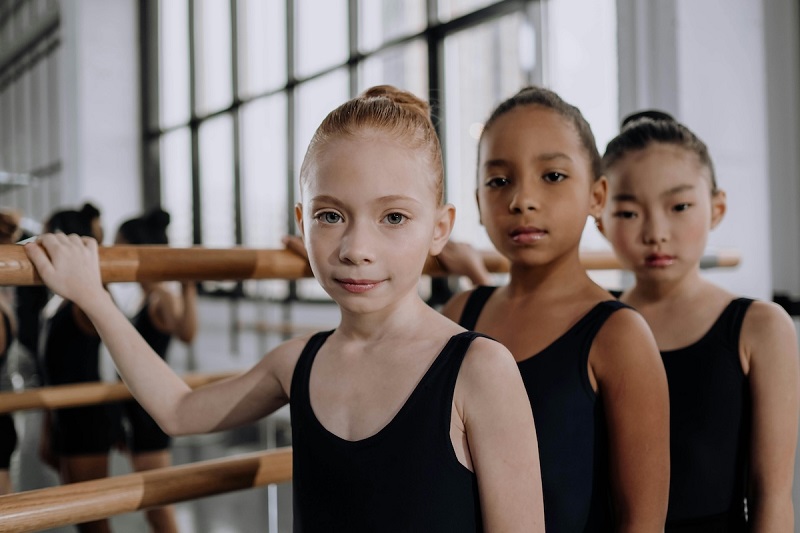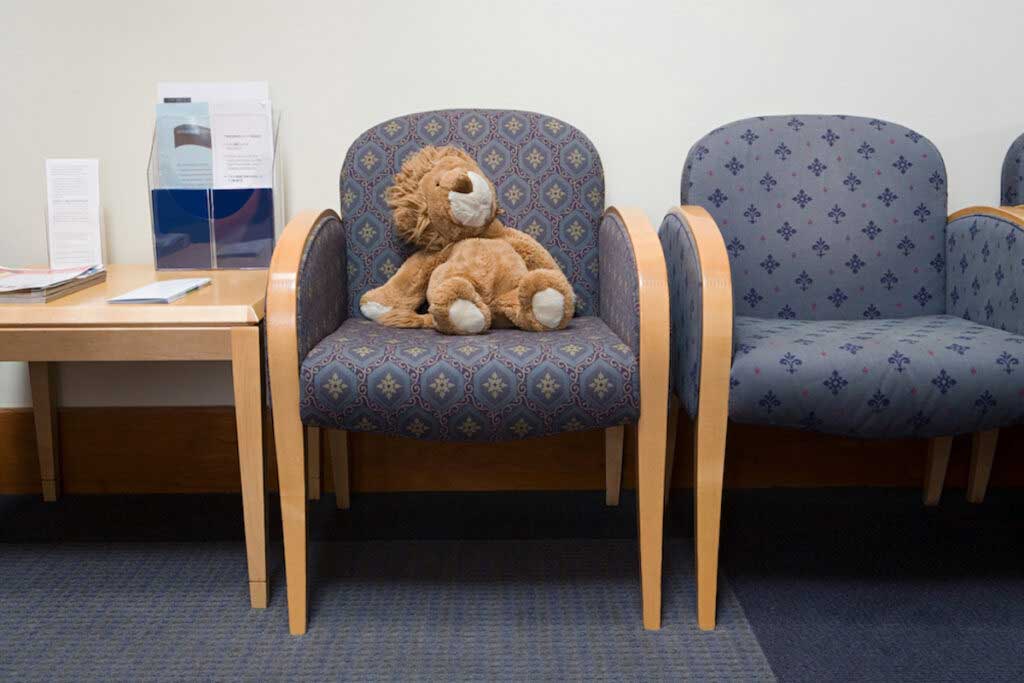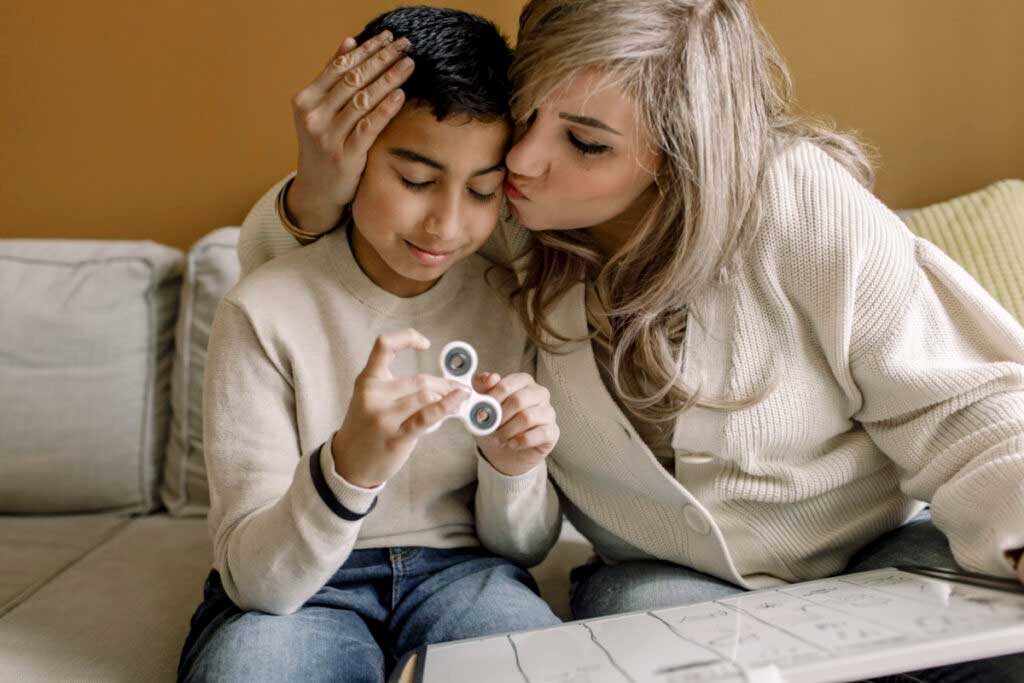My children (8 and 5) participate in extracurriculars (ballet, gymnastics, taekwondo, soccer), but I constantly feel like they are missing out because they aren’t doing more. We are a family with two working parents, and time is the scarcest resource. My children are not passionate about any of the activities that they are currently in, and I’m constantly worried that they’re not participating in things they could truly excel at. This may sound silly, but what if my child is a prodigy in something but I never know because I never gave them an opportunity to try it? How do I know that they’re participating in the right extracurriculars for them?
—Tired Tiger Mom
One time, a number of years ago, I struck up a conversation with a colleague about our kids. He had a daughter right around my son’s age. He started listing the activities his daughter was involved in: chess, violin, piano, soccer, ballet, math tutoring… It went on. I remember a feeling of almost visceral panic rise in my chest as he talked. The overwhelming thought in my head was We are falling behind. Closely followed by What if Finn is actually really great at ballet and we never know?
I tell you this to say that I have been right where you are sitting (and sometimes I still am). Which I hope will make it easier to hear: you should dial down your anxiety about this for sure, and probably your activities too.

To elaborate, let’s start by looking at the data on the benefits of extracurriculars. There is some data on this. We have, for example, a study from Europe that looked at the impacts of introducing some extracurricular activities during the school day. There are some benefits of extracurriculars that appear in this data, but they are decidedly not benefits that accrue because children discover they are a prodigy.
Instead, the benefits of extracurricular activities seem to be about socioemotional development; these are an opportunity for kids to develop a better sense of belonging. A simple way to think about it: if your child is struggling with math in school, it can be really valuable to be able to go to soccer practice in the evening and feel that they excel at it. Also worth noting is that in these European studies, kids are getting benefits from doing activities a few times a week, for a short period. It is not three hours a day of after-school gymnastics.
This realization about what is in the data may shape what you have your children do. The best extracurricular activity for your child may be the one they like — the one they feel comfortable or happy doing — rather than the one they are the best at. And it doesn’t necessarily have to be an intense life commitment. Sometimes it is! I have one child who is really into a particular extracurricular, and it does end up taking a lot of her time. There isn’t anything inherently wrong with that, but it also isn’t required.
Here is the cold, hard truth. You are wondering if your child might be missing out on something that would lead them to the Olympics or Carnegie Hall. But the reality is that your kid is very, very unlikely to end up in either of these places no matter what you do. And if your child is truly a generational talent, a second Misty Copeland or Simone Biles, you’ll probably find out even if you do nothing.
My advice is to give yourself and your kids a little bit of a break. Figure out which activities they like (or try a new one!) and limit yourselves. Or do nothing, and use your weekends for family time instead.


















Log in